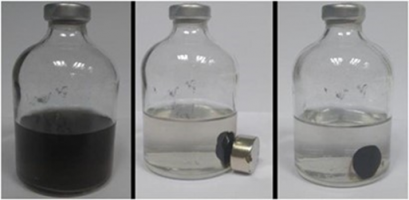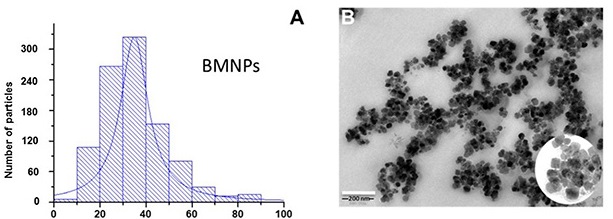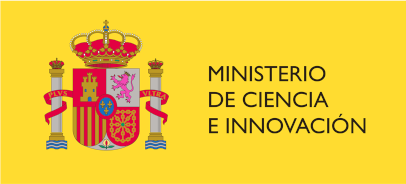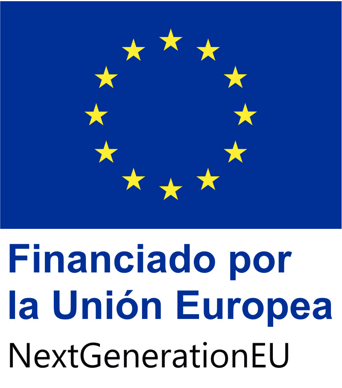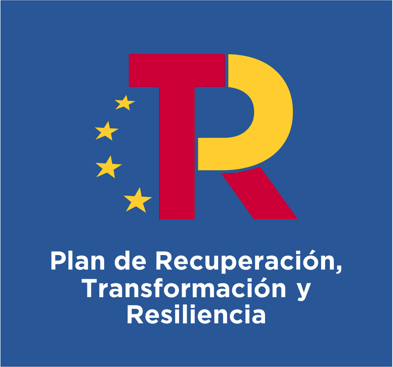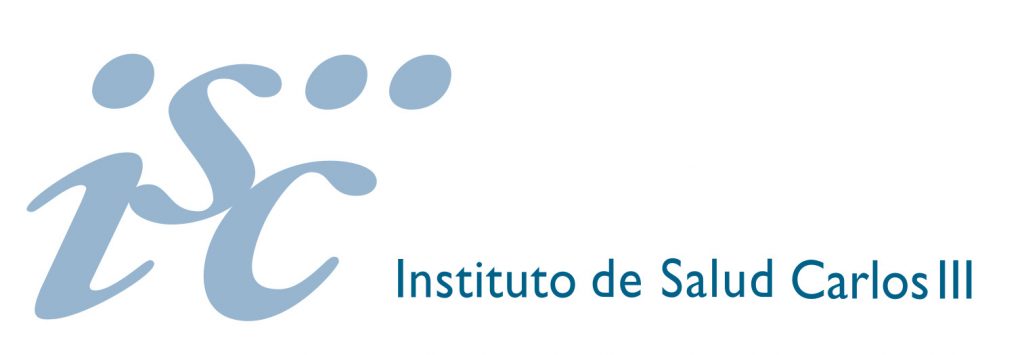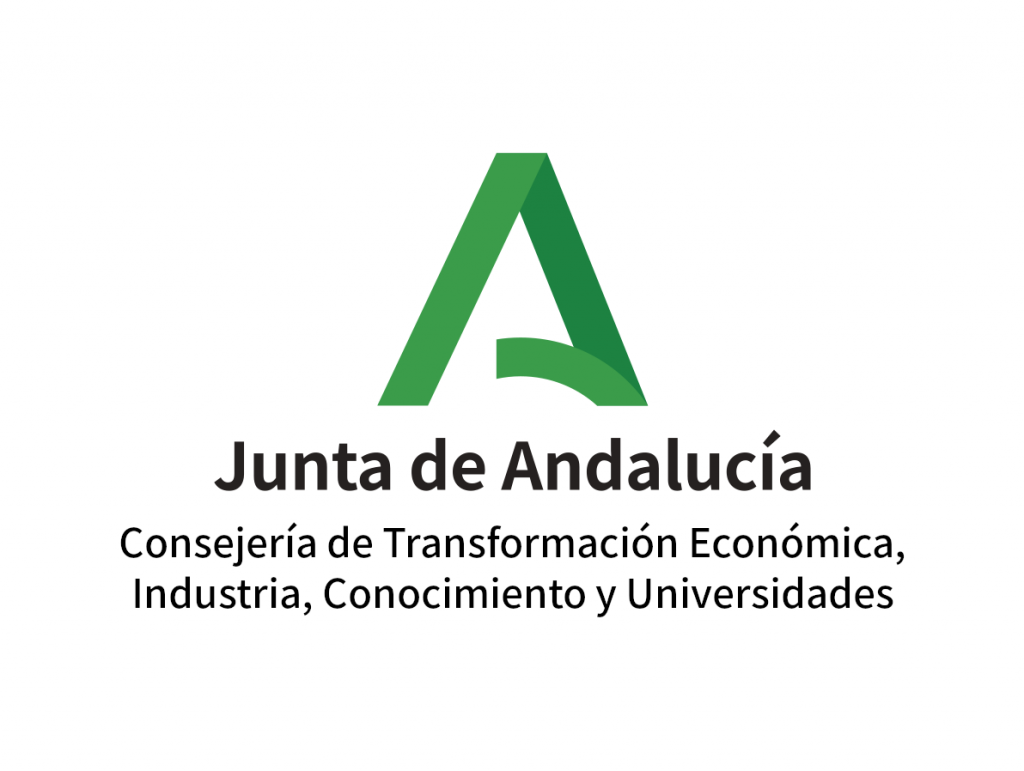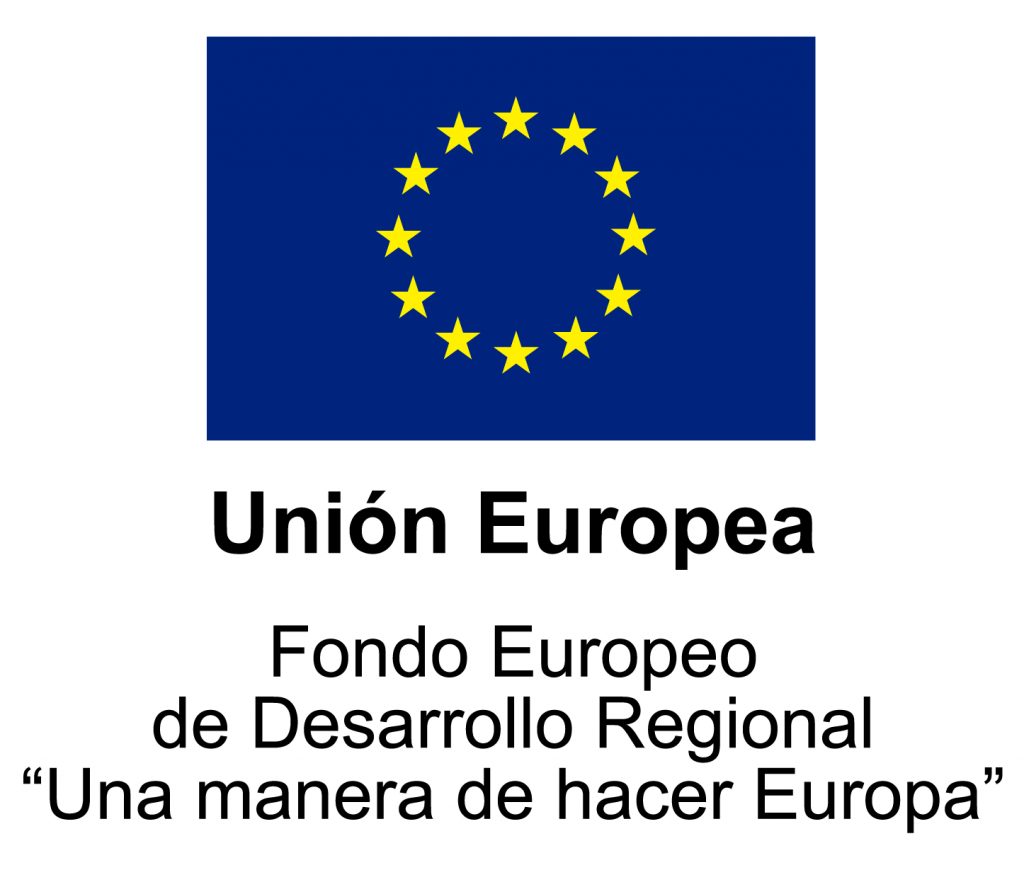Biomimetic Magnetic Nanoparticles (BMNPs)
The problem
Magnetic nanoparticles (MNPs) are currently being used in numerous applications, but they present a series of technological disadvantages, for instance, the use of non eco-friendly technologies for their production, their variable size, a small magnetic moment per particle, the need for further post-production coating processes to provide functional surface groups that allow functionalization, and, therefore, increased preparation times and costs.
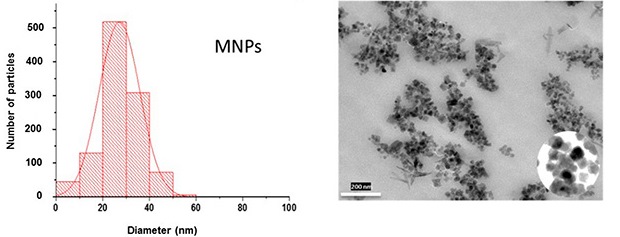
In terms of size, most of the commercialized nanoparticles have a small magnetic moment per particle due to their small size (< 20 nm). As a result, the efficiency to magnetically guide or concentrate the nanoparticles is reduced. Additionally, commercial nanoparticles must be coated after production with compounds that provide functional groups to allow the binding/release of drugs, antibodies or other agents. This condition not only introduces additional steps in the production process, which increases the preparation time and costs, but also shields the magnetic core and interferes with the magnetic response of the nanoparticle, reducing even further the efficiency of the nanocarriers.
Our solution
Prof. Jiménez-López’s research team at the University of Granada has produced biomimetic magnetic nanoparticles (BMNPs), taking inspiration from nature, i.e. the magnetosome synthetized by magnetotactic bacteria, that much improve the challenges previously stated, bettering the efficiency of the nanoparticles and providing a helpful tool for numerous industrial applications. In addition, they have developed an eco-friendly method of producing these nanoparticles that solves problems such as the generation of unwanted by-products or the use of toxic agents.
Project PDC2021-121135-I00 financed by MCIN/AEI /10.13039/501100011033 and by the European Union Next Generation EU/ PRTR
2021 Proof of concept call (PDC2021). Resolution of the Presidency of the State Agency for Research in which is approved the call for granting funding to R+D+i projects for carrying out proofs of concepts tests within the framework of the R+D+i State Program devoted to Challenges in Society, from the State Program of Scientific and Technological Research and Innovation (2017-2020) (BOE nº 100, 27th April 2021).
Financial support for this investigation by Ministerio de Economía y Competitividad. CGL2004-03910, CGL2007-63859, CGL2010-18274, CGL2013-46612-P, CGL2016-76723, PID2019-109294RB-100, EC2019-005930-P, PDC2021-121135.100, Instituto de Salud Carlos III (PI20-01658), FEDER/Junta de Andalucía-Consejería de Transformación Económica, Industria, Conocimiento y Universidades, Spain (Grant P20_00346, P20_00208) and Consejería de Conocimiento, Investigación y Universidad, Junta de Andalucía, Spain (Grant A-FQM492-UGR20, A-BIO-376-UGR18, B-BIO-432-UGR20, B-CTS-216-UGR20) is gratefully acknowledged. Thanks also to grant TED2021-131855BI00 funded by MCIN/AEI /10.13039/501100011033

